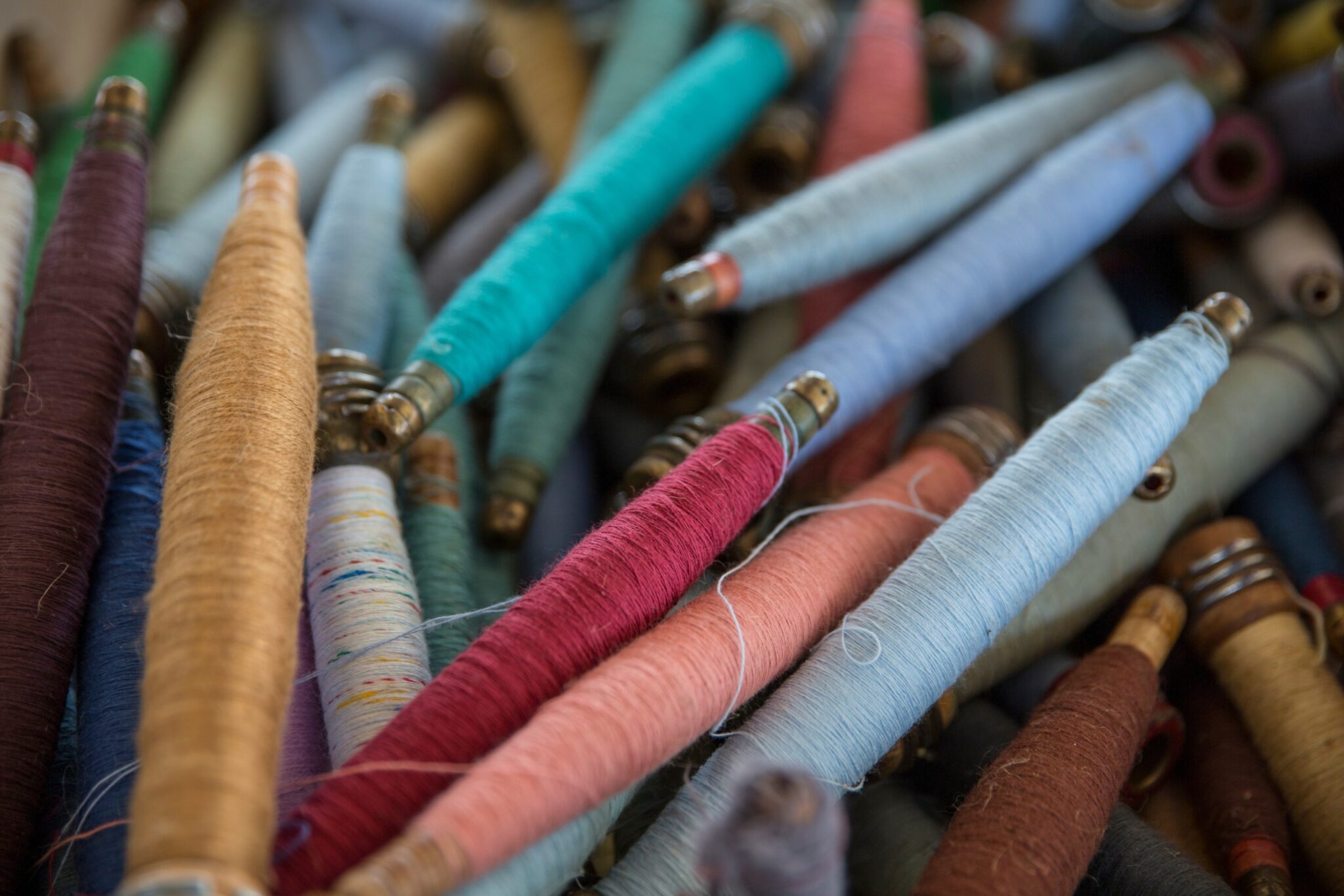
Textile waste is a global challenge – chemical dissolving might be the solution
Participation in VTT’s Circular Economy Project
Lindström is participating in VTT Technical Research Centre of Finland’s Tekstiilien kiertotalous (Circular Economy of Textiles) project. This project tests a future solution for processing textile waste. VTT has developed technology that collects old cotton clothes from consumers, dissolves them, and processes the resulting fibre raw material into new garments.
We developed Lindström’s rental textile service in accordance with circular economy principles. Textiles are procured only when needed and recycled from one company to another. Rental textiles provide a waste-free solution for users. Lindström takes responsibility for the ecological footprint and responsible disposal of these textiles.
Extending the Life Span of Textiles
When a textile is unusable as a garment or sheet, we extend its life span by transforming it into a new product, recycling it mechanically, or using it for energy production. Finding suitable uses for textiles in poor condition is a significant challenge for us. Textile waste is a globally expanding problem, and we are actively seeking a solution.
The dissolving technology being tested could enable used raw materials to be processed into recycled fibre raw materials. This would create an ecosystem of closed circulation. Recycled fibre reduces the water and carbon footprint considerably compared to virgin cotton. It is also more environmentally friendly than the production of viscose fibre.
Commitment to Circular Economy
Juha Laurio, President & CEO of Lindström Group, emphasizes our commitment: “Since we have developed and are still developing our service from the perspective of circular economy, we are extremely interested in this project. Only by testing and trying out solutions can we find out what works. We are actively and enthusiastically testing new technologies to develop our own service. This project can create the solution of the future for processing our textile waste.”
We produce Lindström’s workwear according to waste hierarchy principles. Manufacturing textiles only for actual need, we minimise fabric loss and the product design makes the garments easy to repair and durable. We recycle the garments from one user to another until they are ultimately unusable. We process textiles that end up as waste into new products, recycle them mechanically into raw materials, or burn them to generate energy. In 2015, these measures covered 71% of Lindström’s waste textile volume, which was 1.2 million kilograms for the entire Group.
The Relooping Fashion Initiative
The TEKI project, launched internationally as The Relooping Fashion Initiative, pilots and models a closed circulation ecosystem. This project adheres to the principles of circular economy. It creates a foundation for a new kind of industrial utilization of textile waste that is unsuitable for reuse.
For more information, please contact: www.reloopingfashion.org. The project is funded by Tekes and the participating companies.





